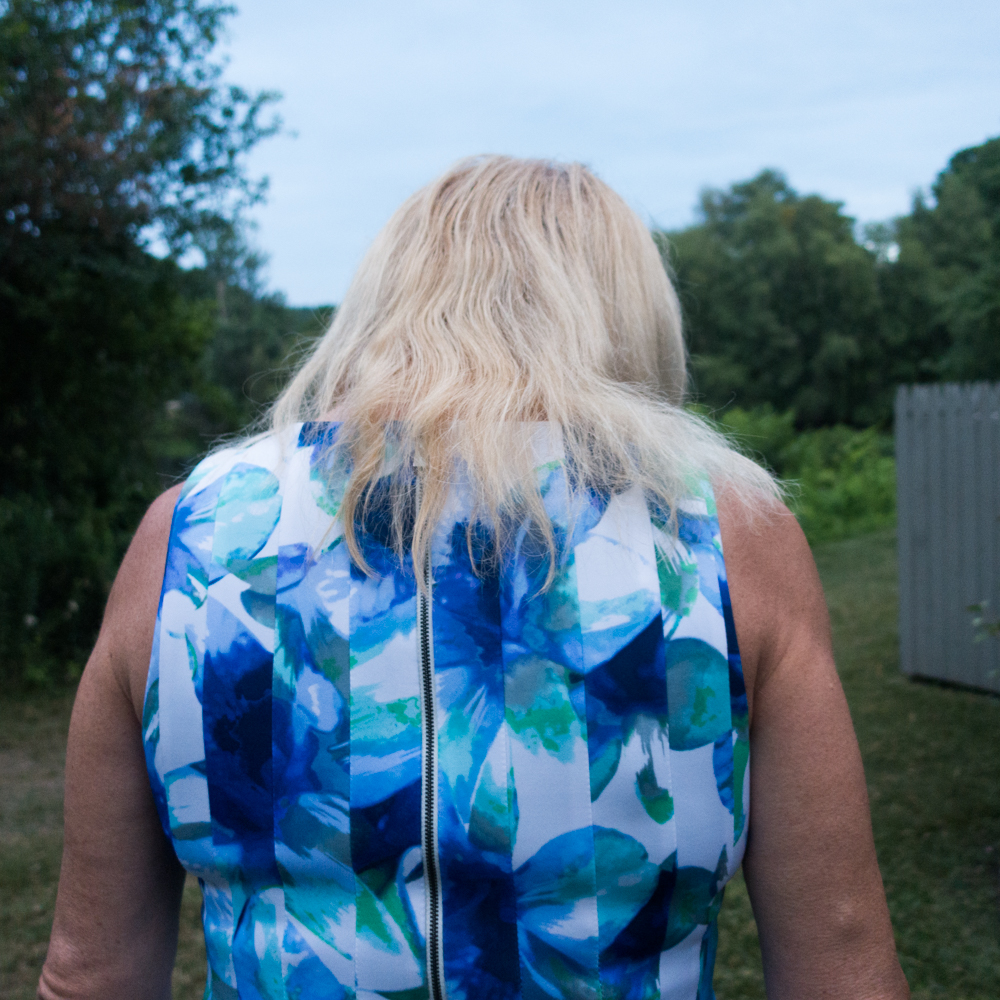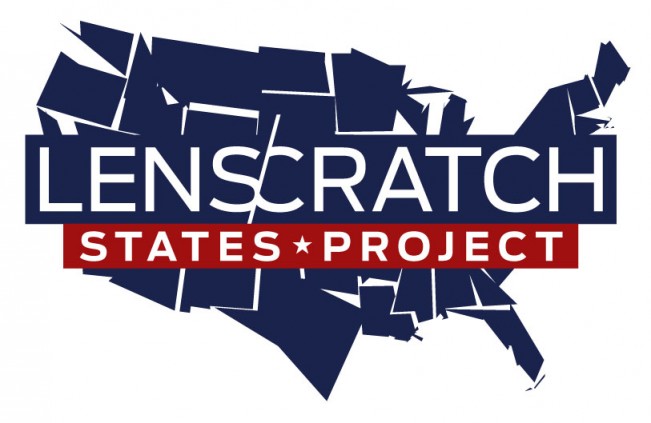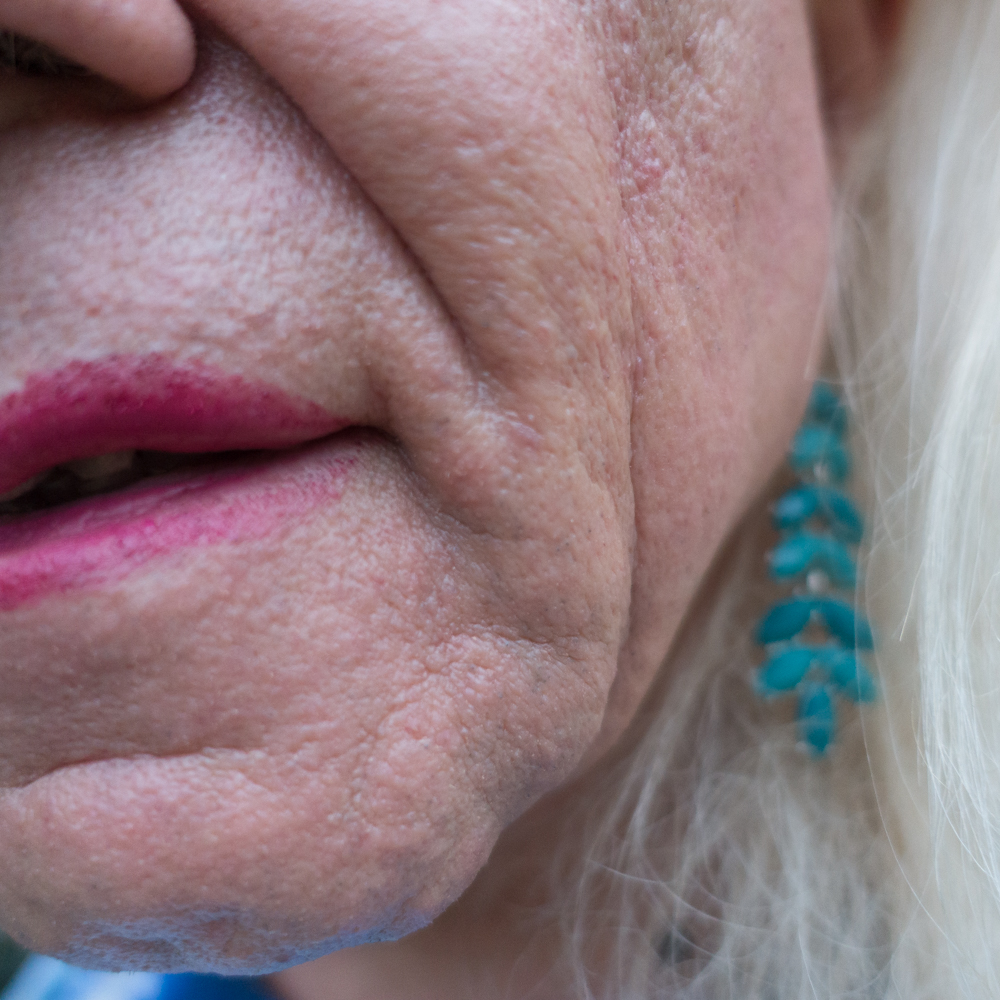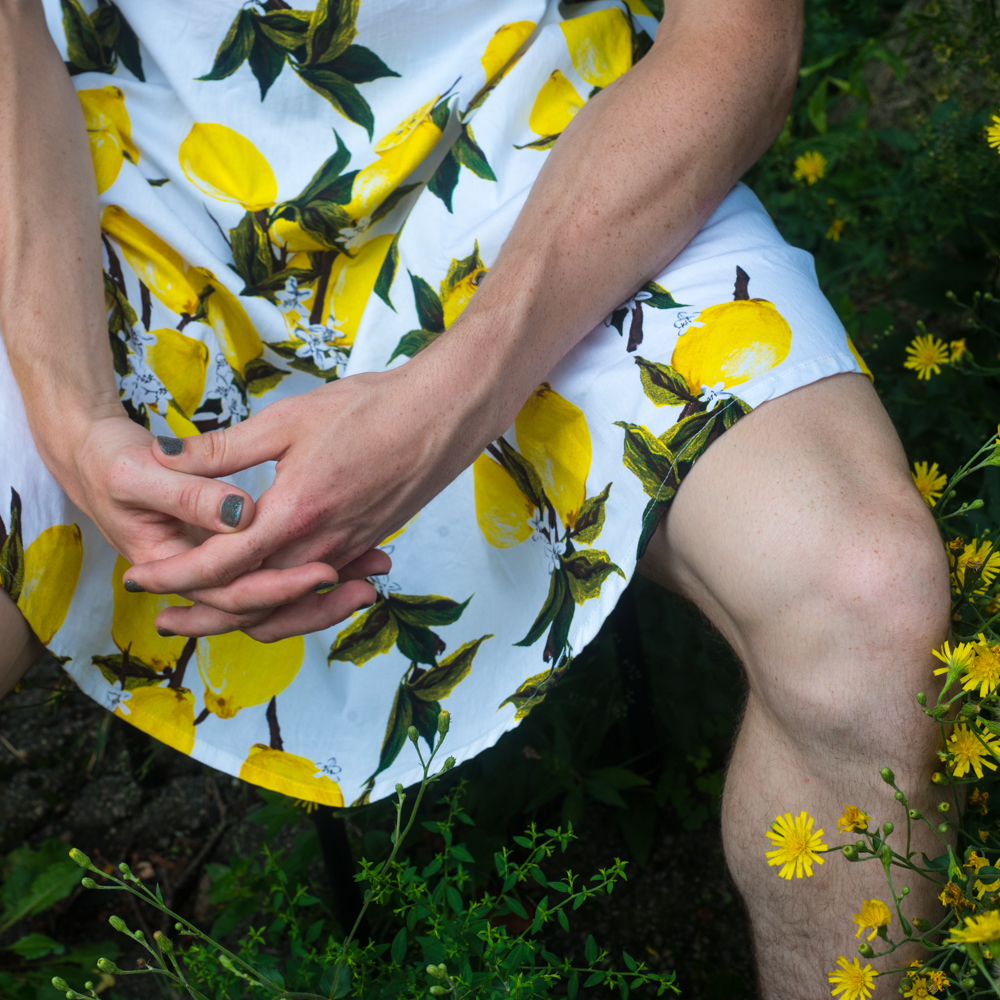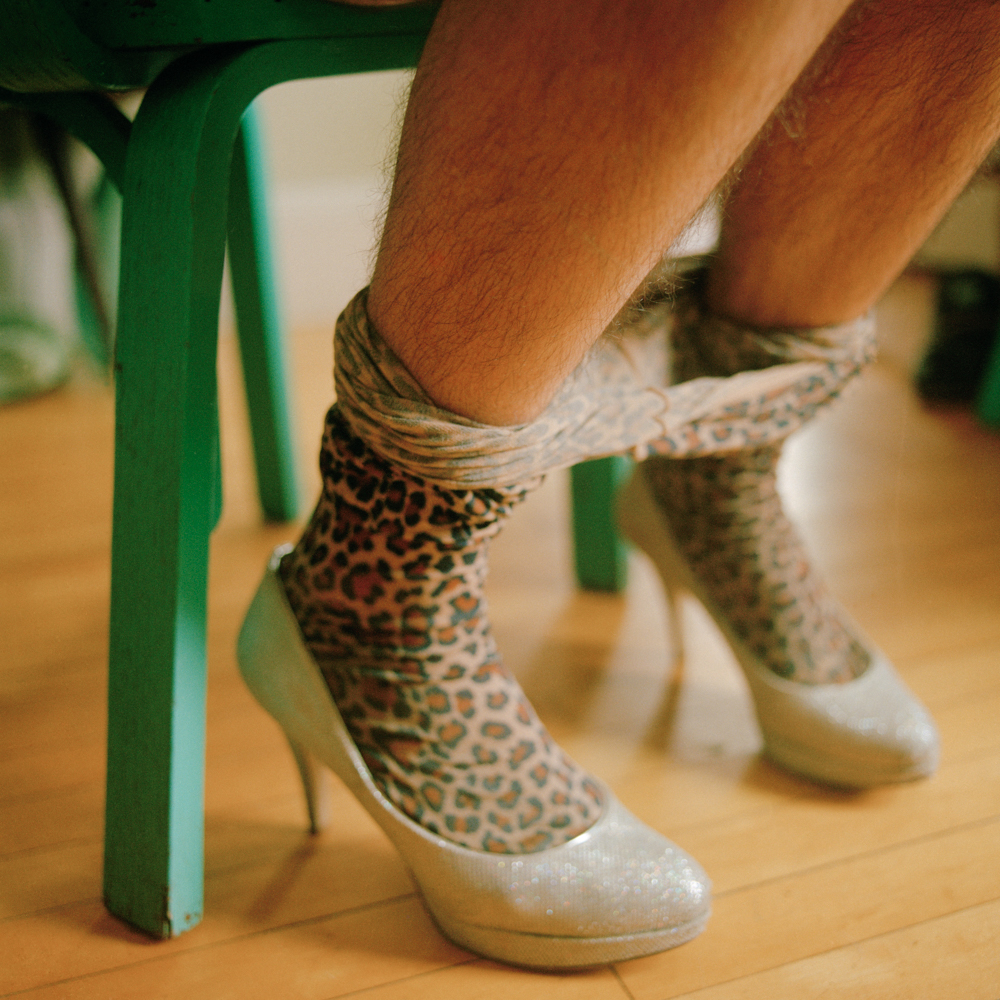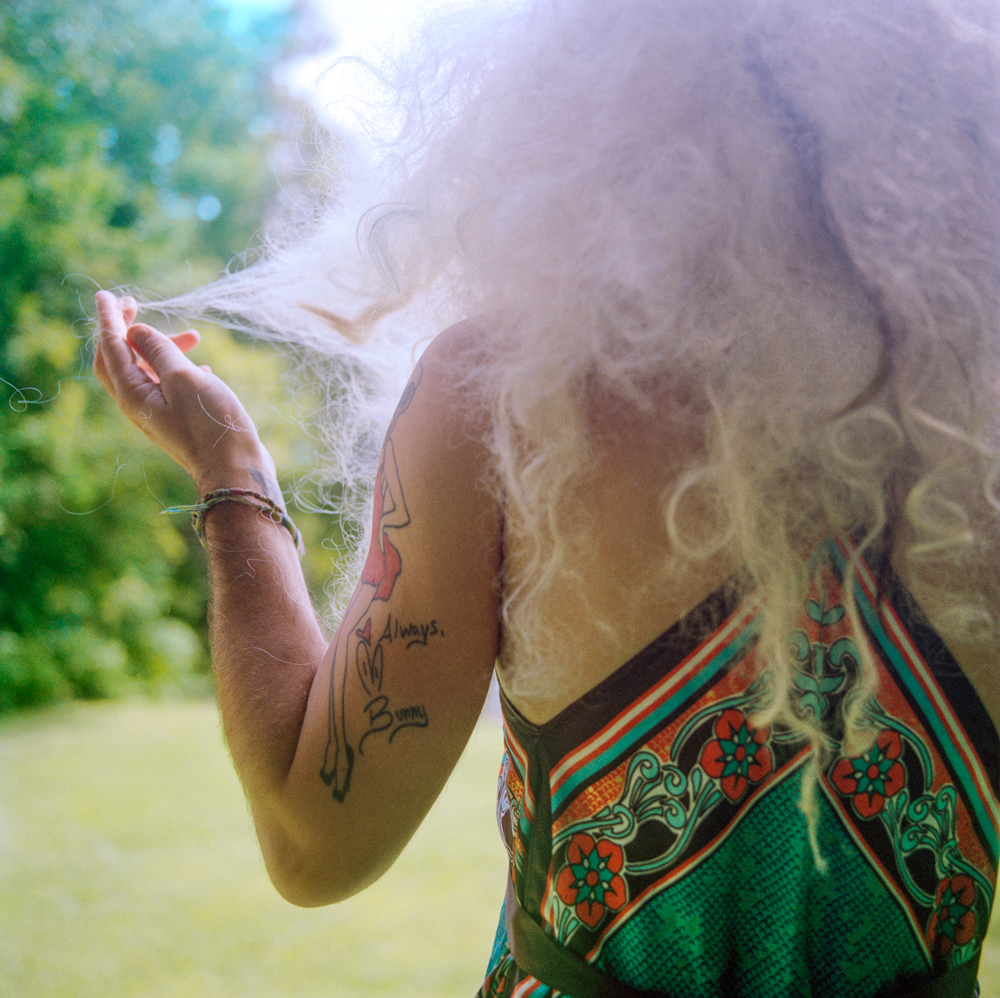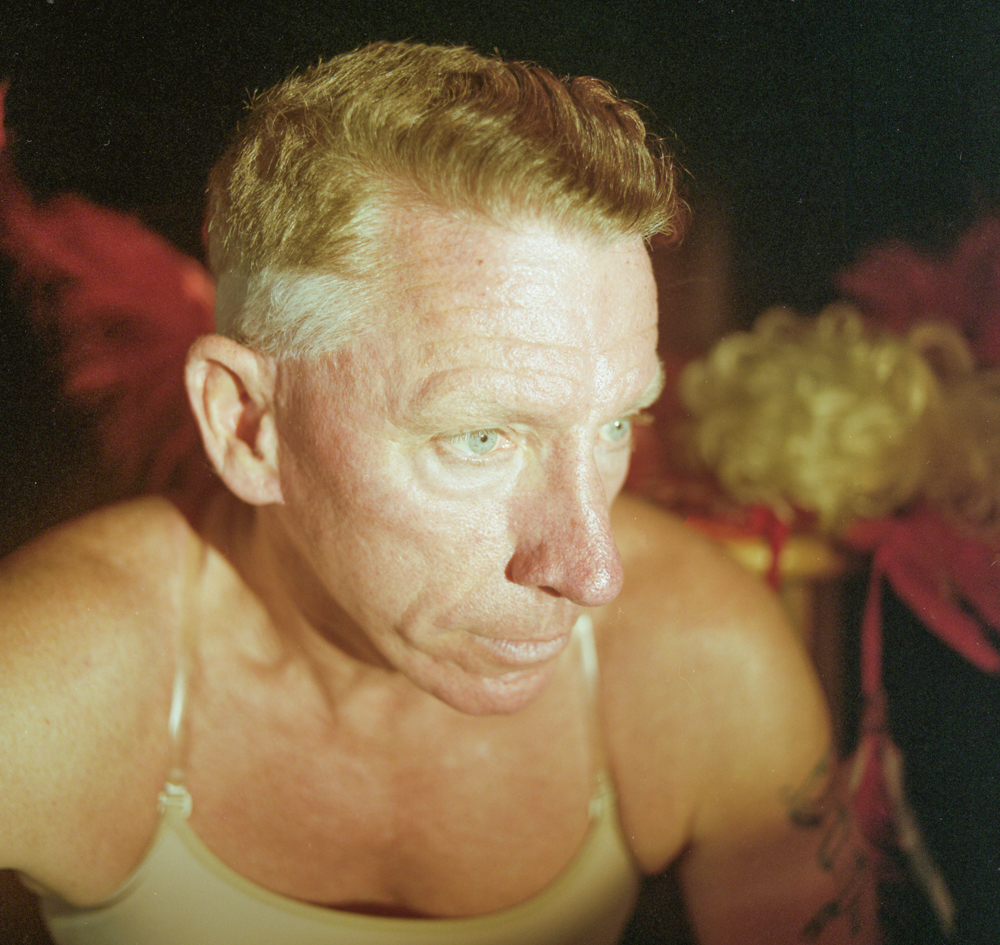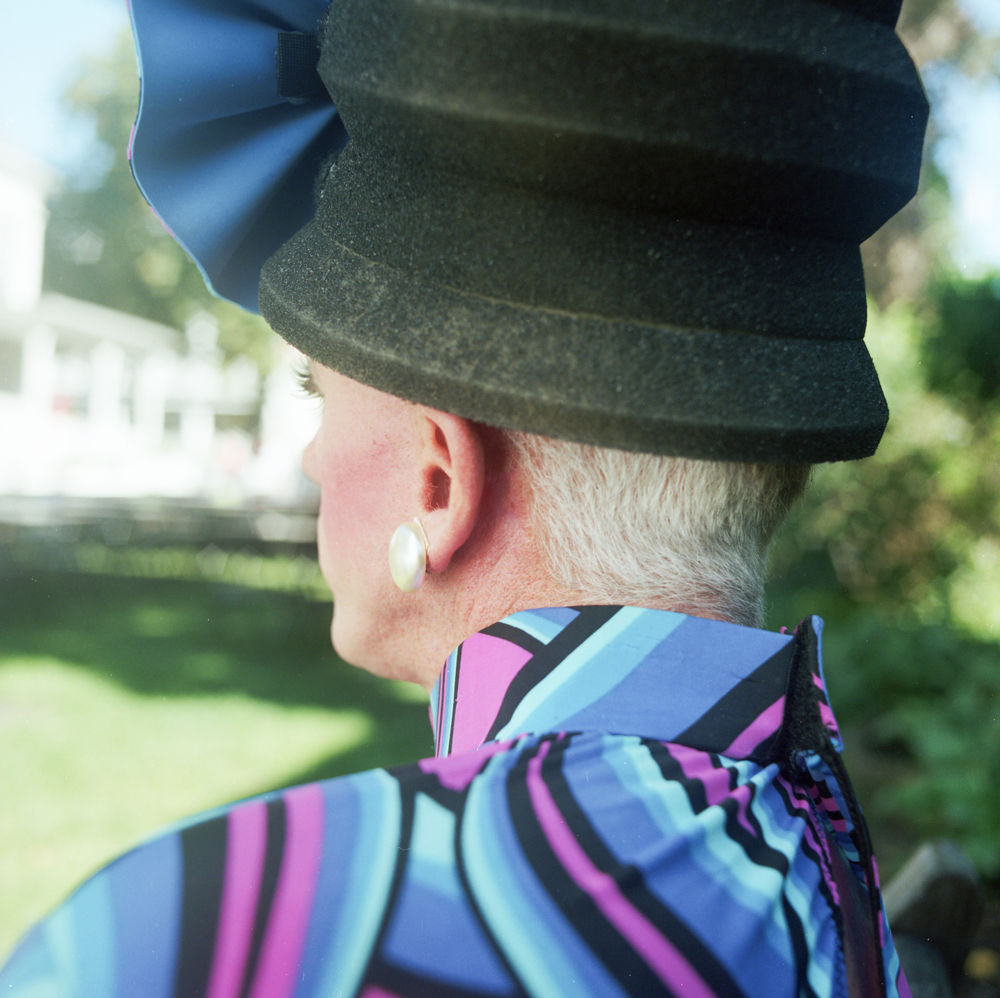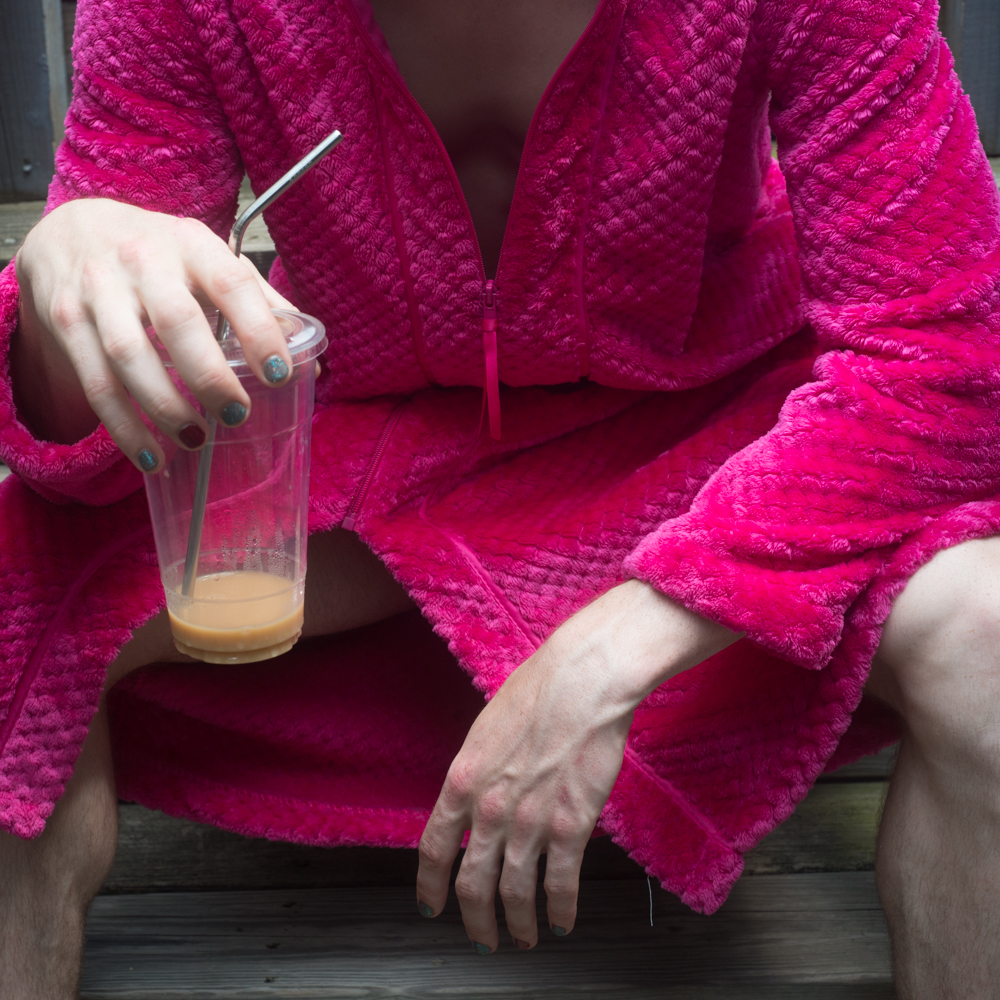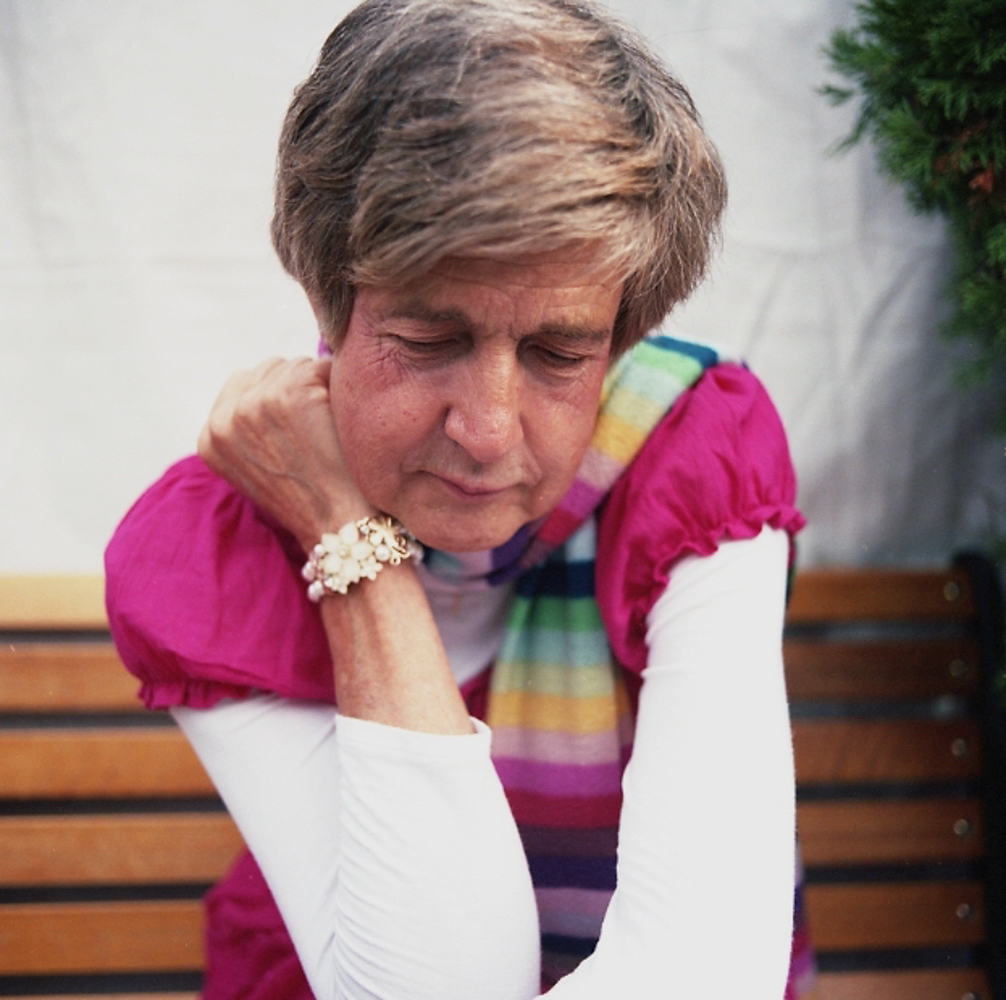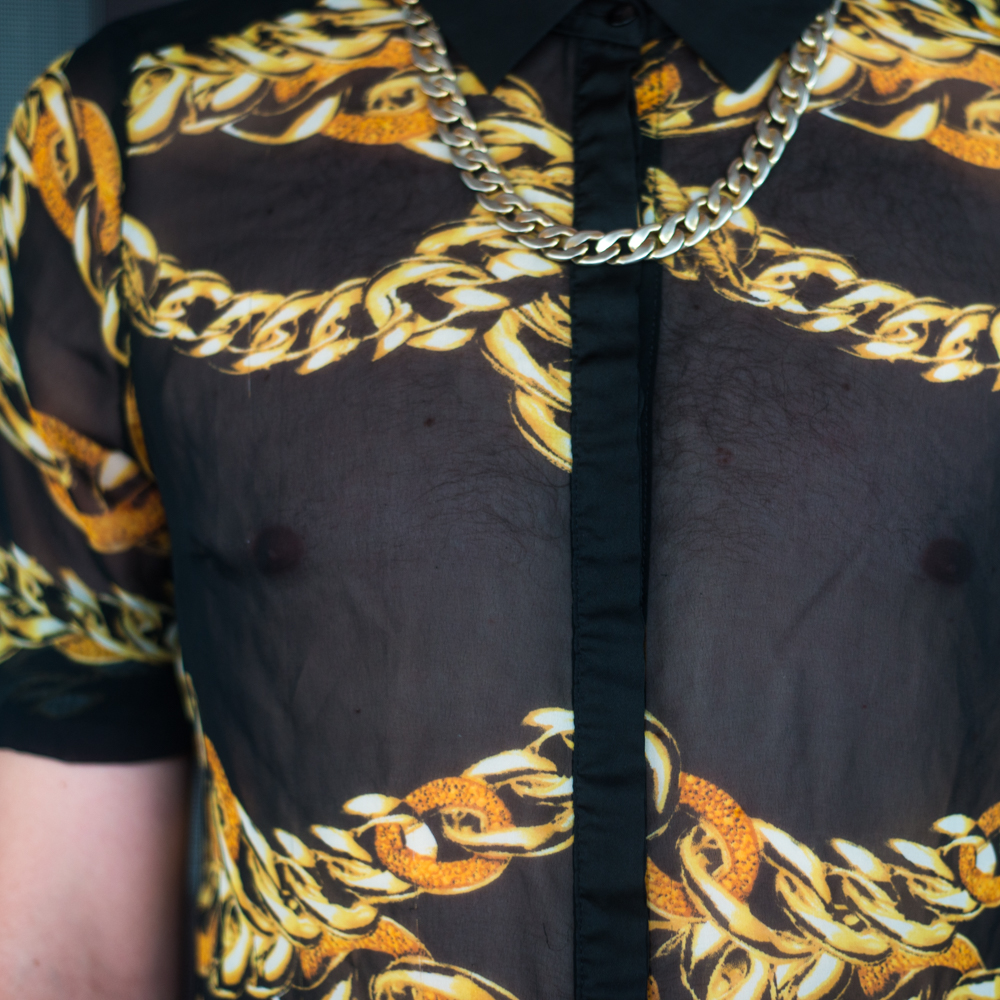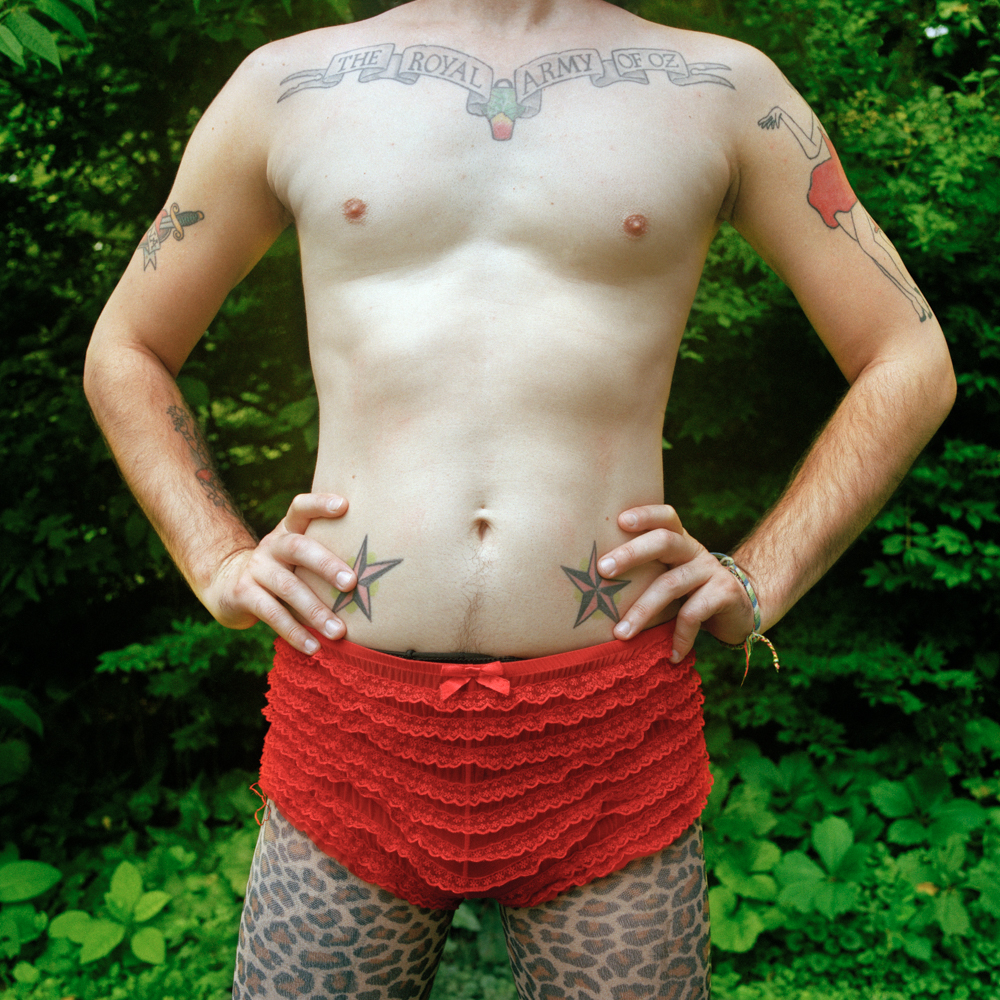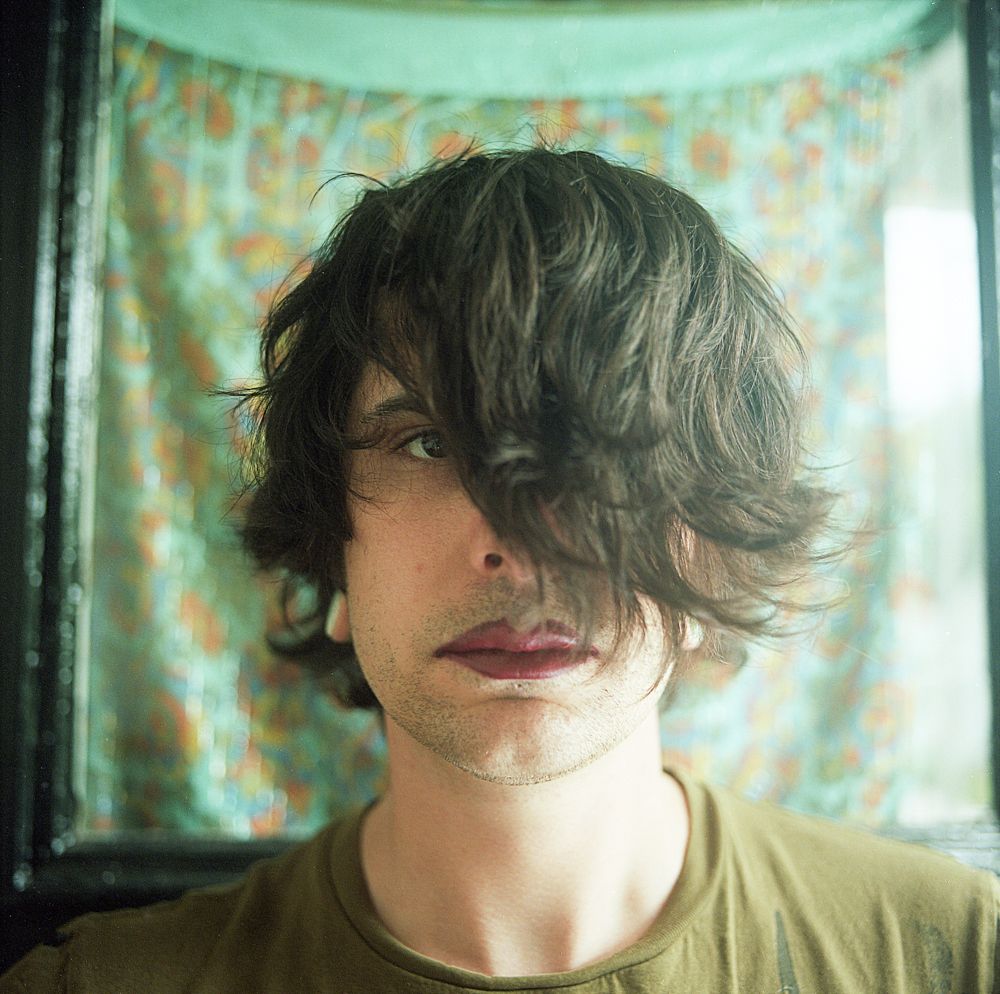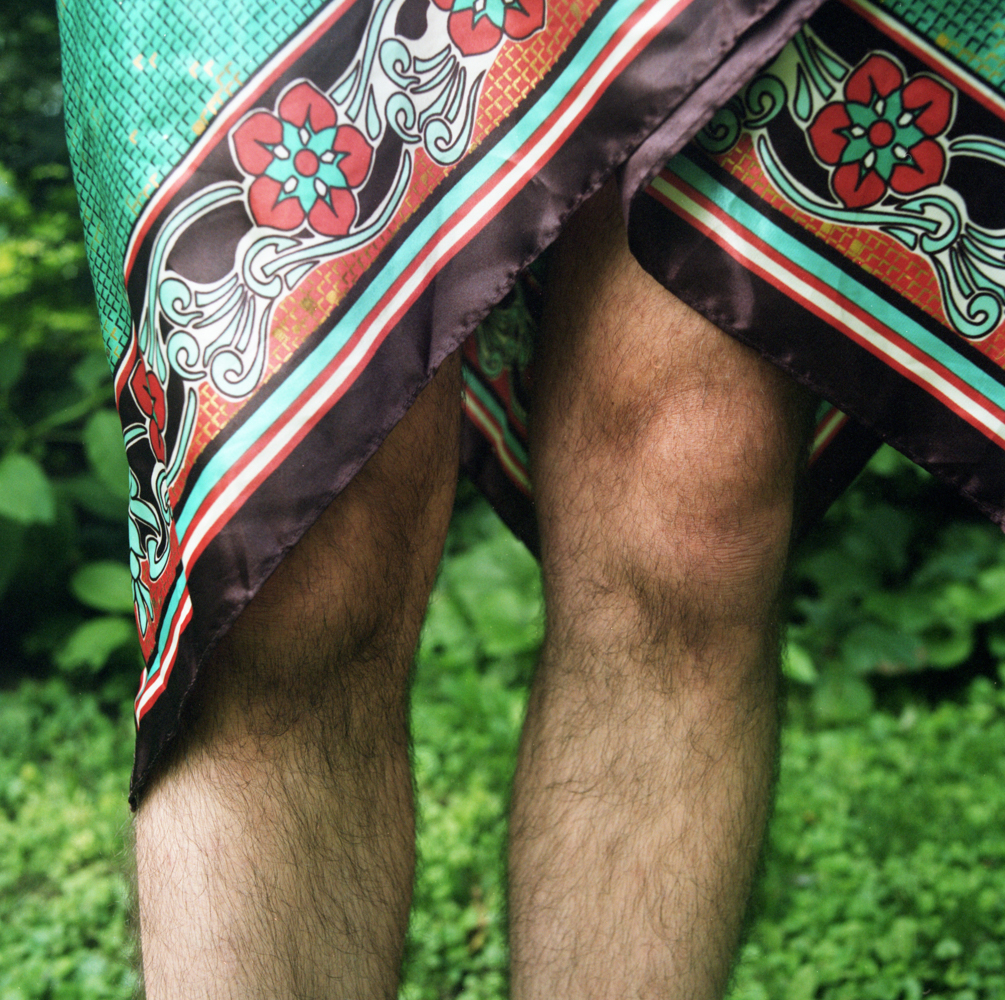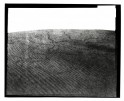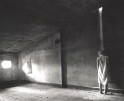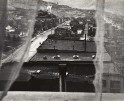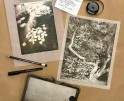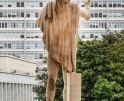The States Project: New Hampshire: Nancy Grace Horton
I’m not sure when Nancy Grace Horton’s work first came on my radar, but I was immediately drawn to her humor, intimacy, sense of color, and use of irony in her work. I’ve followed her career over the years (and featured her work several times) and am so happy and appreciative to have her at the helm as the New Hampshire States Project Editor. Nancy states: Selecting a group of New Hampshire photographers has given me the opportunity to introduce a group of artists that represent working with photography in a variety of ways; both analog and digital processes, from documentary genres to photographic sculptures. This group showcases the contemporary art being made within the largly-rural state of NH.
An interview with Nancy follows.
Nancy Grace Horton is known for photography-based artwork that explores society’s gender stereotypes. Her bold compositions present narrative fragments that provoke thought and conversation on feminist themes.
A native New Englander, Horton became interested in photography as a teenager. She received her MFA from the Art Institute of Boston at Lesley University. Her work is widely exhibited and in the permanent collection of the Newport Art Museum. She teaches photography to students of all ages, working as both an Adjunct Professor and a teaching artist on the Arts Education Roster of the New Hampshire State Council on the Arts. She is the recipient of several grants and awards, including Artist Entrepreneurial Grants from the New Hampshire State Council on the Arts.
In the fall of 2018 her photographs can be seen at the CLICK! Photography Festival in North Carolina; in the Portsmouth, New Hampshire arts journal, PORT smith; and at Connecticut’s Hotchkiss School in the traveling exhibition Outspoken Women, 7 Women Photographers. She is represented by Jessica Hagen Contemporary American Art of Newport, RI. To view her work, and for more information, visit her website at www.hortonphoto.com .
MrMrs
A woman shall not wear a man’s garment, nor shall a man put on a woman’s cloak, for whoever does these things is an abomination to the Lord your God.
— Deuteronomy 22:5
MrMrs is a work-in-progress. Its goal is to question the notion of who wears what, and to create a dialog about our cultural dress code. My pictures explore the intersection of male and female, at which the male crosses into the uniform of the female. For this project I use sound, video, and interactive installations, which allow me to bring in the voices of my subjects and encourage the participation of the viewers. I’ve been delighted to discover an unexpected parallel with my earlier Ms. Behavior series: men, dressing as women, experience the indignities of our society’s treatment of women. – Nancy Grace Horton
Tell us about your growing up and what brought you to photography?
My mother introduced me to photography. When she was a teenager she entered a bicycle race because first prize was a camera. She won! And from then on she never left the house without her camera. As a teen myself I saw a TV crime show that featured an intrepid young woman photojournalist. I immediately knew that I was going to be that woman. Looking back now on how that character sparked my passion for photography, it may have had something to do with the unique experience of seeing a woman on TV during the 70s doing something other than standing in a kitchen.
Is there anything that defines a New Hampshire photographer?
New Hampshire is known for open space, fresh air, and our motto “Live Free or Die.” It is a nice place to live to live—a beautiful place to live. So New Hampshire artists may have in common the desire for solitude and to be around nature. That is definitely part of what drew me here years ago. At the same time it is important to stay connected with other artists, venues, and supporters, so our close proximity to the urban culture of Boston and Portland is appealing as well.
How did you go about selecting the photographers for this week?
I pulled together a list of photographers that were new to me and that represented a variety of approaches to the medium. I wish to thank Susan, Kiera, Scott, Karen and Glenn for participating and taking the time to work with me on this project. I look forward to all of us getting together.
Your own work deals a lot with womanhood, the domesticity, with self-definition. Do the recent #MeToo discussions align with your point of view or are your inspired to explore new ways of exploring these themes?
That is a great question. I was talking to someone about this the other day. My photographic series, specifically Ms. Behavior and Mad Women, are rooted in how the media objectifies women, and how that then spills into our day-to-day culture and behavior. I am not exploring sexual abuse or physical violence, which is what #MeToo is speaking out about. Although I do personally have at least one experience that aligns me with the #MeToo movement, this is not what my own work is about. Where I see some connection is that both my work and #MeToo are meant to create conversations about, among other things, equality. Using cultural themes I design my work specifically to provoke varying interpretations and prompt discussion.
The work I am showing here is a new body of work called MrMrs, which has unfolded from my experience with the two series mentioned above. It is in dialog with that earlier work, which, surprisingly, I had not anticipated. As I continue to meet and photograph men who dress as women, I learn some very intriguing things about what they have experienced. Many of my subjects have talked about how they are not acknowledged or listened to when they appear to be woman. As women, they are overlooked compared to when they are men! Not a surprising thing, really, in retrospect, but I was truly amazed to hear men describe such experiences with clarity, conviction, and contempt. It’s been beautiful for me to have these unexpected conversations continue to unfold, and to detect the theme(s) that run through my work.
What were and are some of your major influences?
Right now I’ve been reading about Florine Stettheimer, having seen her painting, “Music,” (1920, 69 x 50.5 in.) at the Rose Art Museum. Also the artist Carolee Schneeman, reading and looking at work and interviews with her.
I enjoy researching for my projects, and I always find it exhilarating when one thing leads to so many more. Once I begin to dig in it’s as if gifts begin to appear, and feed my thoughts and art making.
What are you working on now?
My big project right now is a solo show and installation called Dress Code that will feature my MrMrs photographic series, prints, and video, as well as an interactive component. It opens at University of New England in the Fall of 2019. Besides that, I’ve been working with photographs, cyanotypes, and other print processes to make large, layered images on textiles.
Can you describe your methodology?
Ha! In one word, it is “slow,” but I’m working to speed things up. I have been shooting for almost 30 years and recently realized that I have always given myself the gift of shooting without the burden of editing and printing. Part of my process now is mining the wealth of images I have shot on film. I now embrace digital photography, and at the same time play with cyanotypes, collage, and other media to feed my creative process, which is photography-based.
My working method is often collaborative. I mostly work with the figure, sometimes myself but most often I use models that not only become the subject of the work but also become part of the process. I do not like to have my ideas all spelled out ahead of a shoot, so I often use objects and places and clothes to set the stage then begin playing, and then I begin exploring until I find what I want to say.
What keeps the photography flame alive?
I just can’t help it; I’m addicted to the photographic image. Even when I feel a bit slow on actually shooting, I am still completely absorbed in wanting to look and read and talk about photographs and photographing.
And finally, describe your perfect day.
My partner (artist Bill Paarlberg) and I seek out remote, undeveloped vacation locations to fuel our creativity. So anytime I wake up without email and other trappings of the commercial world is a good start. My perfect day is then filled with nature and art, perhaps manipulating all sorts of photographic images: film, digital, cyanotypes, and collage. Maybe some reading, walking, yoga, swimming and sewing in there, too. Closing the day with a glass of wine, fresh food, and a sunset gives hope for another good day.
Posts on Lenscratch may not be reproduced without the permission of the Lenscratch staff and the photographer.
Recommended
-
Olga Fried: Intangible EncountersFebruary 18th, 2026
-
Anne McDonald: Self-PortraitsFebruary 17th, 2026
-
Richard Koenig: Field Notes: View from a Hotel WindowFebruary 13th, 2026
-
Beyond the Photograph: Editioning Photographic WorkJanuary 24th, 2026
-
Ben Alper: Rome: an accumulation of layers and juxtapositionsJanuary 23rd, 2026

